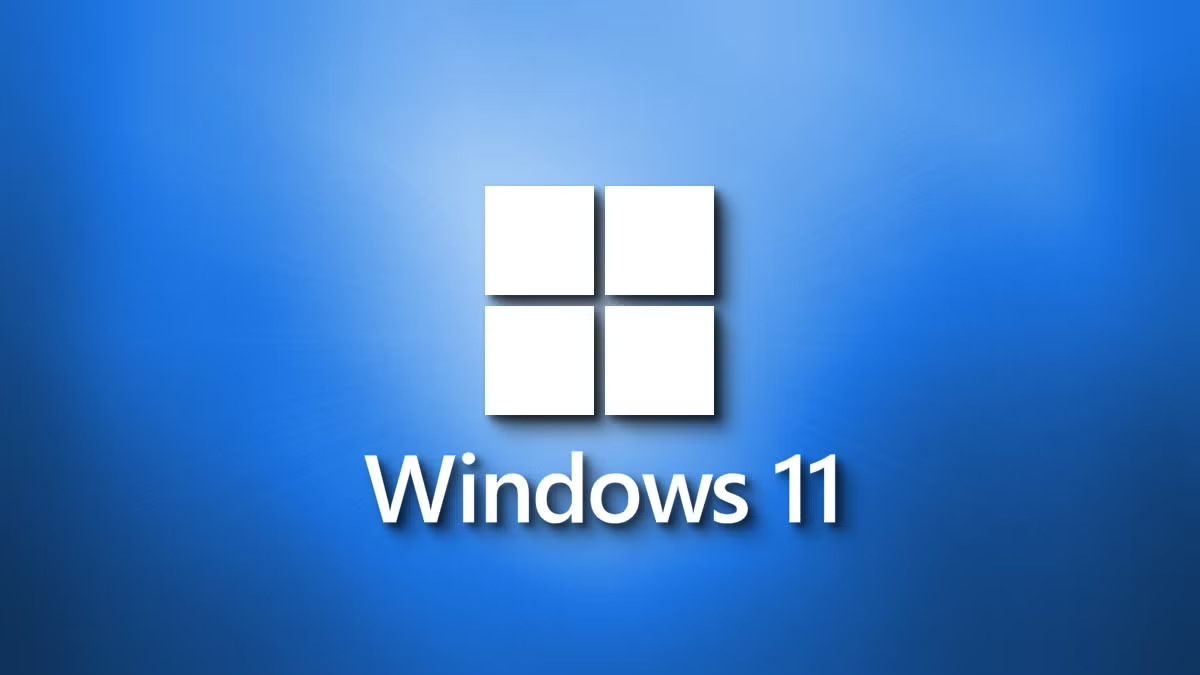If you’re experiencing a sluggish boot time on your device, you’re not alone. Many users are searching for ways to fix Windows 11 slow startup issues. Fortunately, there are several quick and effective methods to enhance your startup speed. In this article, we will explore how to Fix Windows 11 slow startup using Windows Gizmo’s 10-minute optimization tips. By following these steps, you can significantly reduce the time it takes for your system to become operational. Let’s dive into the strategies that can help you fix Windows 11 slow startup and get your computer running smoothly again.
Understanding the Causes of Slow Startup
Before we delve into the solutions, it’s essential to understand what might be causing your slow startup. Several factors can contribute to this issue, including too many startup programs, outdated drivers, and system settings that need adjustment. Identifying these factors is the first step in your journey to fix Windows 11 slow startup problems.
Disable Unnecessary Startup Programs
One of the most effective ways to fix Windows 11 slow startup is by disabling unnecessary startup programs. Many applications automatically launch when you start your computer, consuming valuable resources and slowing down the boot process. To manage these programs, follow these steps:
- Press
Ctrl + Shift + Escto open the Task Manager. - Navigate to the “Startup” tab.
- Review the list of programs and disable any that you do not need to start automatically.
By limiting the number of programs that run at startup, you can significantly fix Windows 11 slow startup issues.
Update Your Drivers
Outdated or incompatible drivers can also lead to slow startup times. To fix Windows 11 slow startup, ensure that all your drivers are up to date. Here’s how to do it:
- Right-click on the Start button and select “Device Manager.”
- Expand the categories and right-click on the devices to check for updates.
- Select “Update driver” and follow the prompts.
Keeping your drivers updated can help you fix Windows 11 slow startup and improve overall system performance.
Optimize Your Hard Drive
Another effective method to fix Windows 11 slow startup is to optimize your hard drive. Fragmentation can slow down your system, so it’s essential to defragment your hard drive regularly. Here’s how to do it:
- Type “Defragment and Optimize Drives” in the Windows search bar and open the tool.
- Select your hard drive and click on “Optimize.”
This process can help you fix Windows 11 slow startup by ensuring that your files are organized efficiently.
Check for Malware
Malware can significantly impact your system’s performance, including startup times. To fix Windows 11 slow startup, run a full system scan using Windows Defender or any reputable antivirus software. Here’s how to do it with Windows Defender:
- Open Windows Security from the Start menu.
- Click on “Virus & threat protection.”
- Select “Scan options” and choose “Full scan.”
Removing any detected threats can help you fix Windows 11 slow startup and protect your system from future issues.
Adjust Power Settings
Your power settings can also affect startup times. To fix Windows 11 slow startup, consider adjusting your power plan to “High performance.” Here’s how:
- Open the Control Panel and navigate to “Power Options.”
- Select “High performance” to optimize your system for speed.
This adjustment can help you fix Windows 11 slow startup and improve overall responsiveness.
Use the System File Checker
Corrupted system files can lead to various issues, including slow startup. To fix Windows 11 slow startup, you can use the System File Checker tool. Here’s how:
- Open Command Prompt as an administrator.
- Type
sfc /scannowand press Enter.
This command will scan for and repair corrupted files, helping you fix Windows 11 slow startup.
Clean Up Your Disk
Over time, your hard drive can accumulate unnecessary files that slow down your system. To fix Windows 11 slow startup, use the Disk Cleanup tool:
- Type “Disk Cleanup” in the Windows search bar and open the tool.
- Select the drive you want to clean and click “OK.”
- Check the boxes for the types of files you want to delete and click “OK.”
Regularly cleaning your disk can help you fix Windows 11 slow startup and maintain optimal performance.
Reset Your PC
If all else fails, you may consider resetting your PC. This option can help you fix Windows 11 slow startup by restoring your system to its original state. To reset your PC:
- Go to Settings > System > Recovery.
- Click on “Reset PC” and follow the prompts.
This process will remove apps and settings but can significantly improve startup times.
Conclusion
In conclusion, if you’re looking to fix Windows 11 slow startup, there are numerous strategies you can implement. From disabling unnecessary startup programs to updating drivers and optimizing your hard drive, these tips can help you achieve a faster boot time. Regular maintenance, such as running malware scans and cleaning up your disk, is also crucial in keeping your system running smoothly. By following Windows Gizmo’s 10-minute optimization tips, you can effectively fix Windows 11 slow startup and enjoy a more efficient computing experience. Remember, a little effort can go a long way in enhancing your system’s performance.



